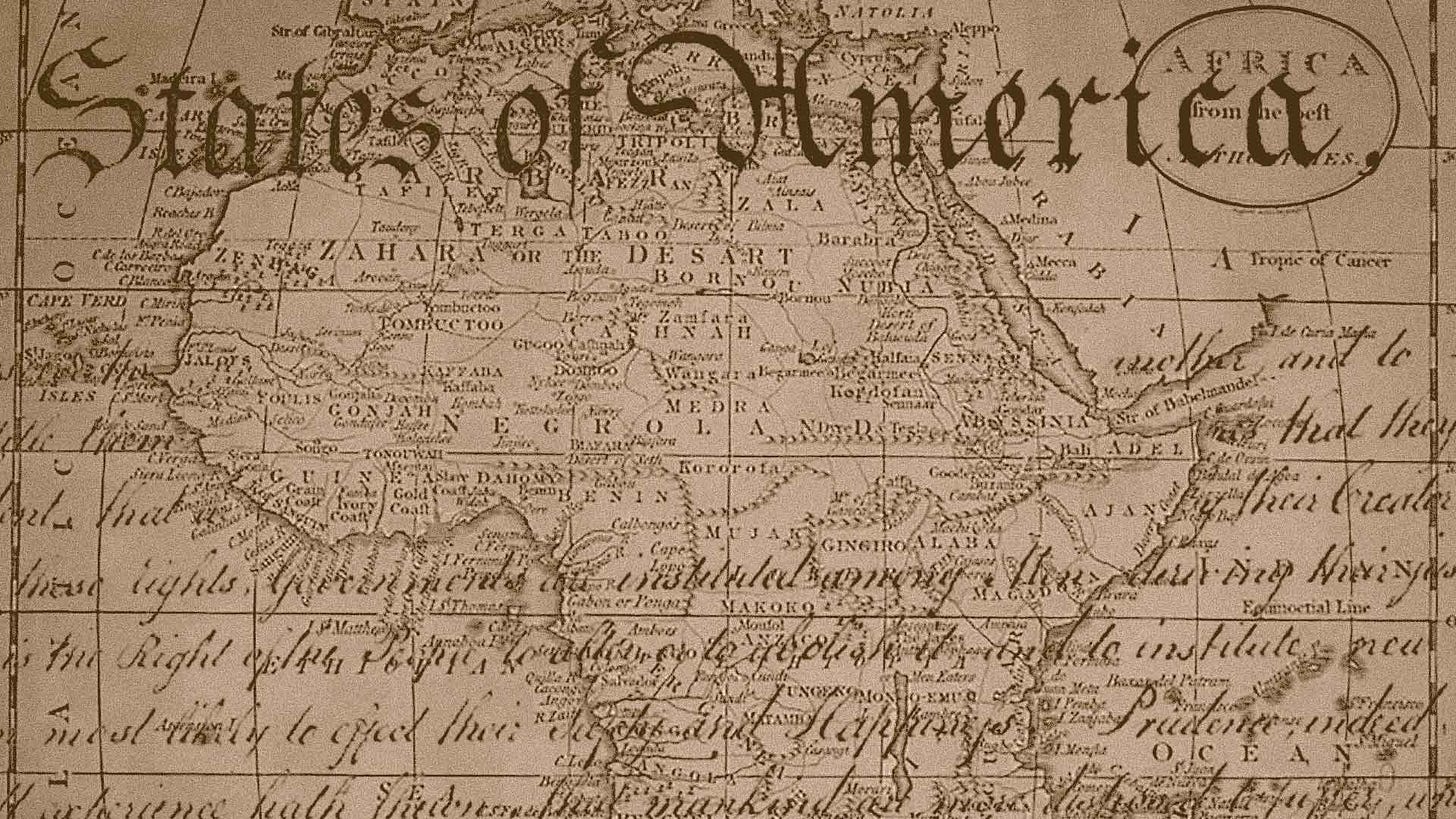White Guilt, Black Rage and Change That Lasts: A Poem
The calendar returns to May. A year ago in 2020, the road to The Black Experience in America: The Course started for me. That’s when Derek Chauvin murdered George Floyd, and a bunch of things collided that I’d been reading and thinking about.
I’d been writing a memoir about my high school journey, which spanned fall 1990 to spring 1994 (stay tuned for that); the Rodney King beating was in my freshman year and the O.J. Bronco chase was less than a month after my graduation. For me as a teenaged Black male, both King and Simpson had become cautionary tales. King lived on the fringe, Simpson in the spotlight; both ended up getting chased by police down L.A. highways and exposing America’s unsettled relationship with race. As I tried to flesh out the story in 2020, I also read Maya Angelou and Toni Morrison and revisited Richard Wright. I reflected on culture and history.
And then, May 25.
For me, the most jarring thing about George Floyd’s killing wasn’t that it happened, it was that so many people paid attention this time. Something about this particular episode of Black misery electrified the cultural algorithm, and the country’s institutions felt compelled to react. Masses marched. Celebrities tweeted. Companies pledged money to various causes.
At the same time, I’d reconnected with some Black alumni from college on Facebook. Among our many conversations, some of us had taken up posting written raps now and then. It had put me in a poetic mindset. So on June 12, I wrote this:
-+-
2020: wide awake, still asleep;
29 years, Rodney still getting beat;
Crooked cops still walking these streets;
Emmett Till still whispering, six feet deep.
-
If Black Lives Matter I sure can’t tell,
But 400 years in, Black lives still sell;
Black rage in cities got a smoky smell
And knees on necks still hurt like hell.
-
Can’t concentrate with all the noise;
Got me tryna talk to Booker T. and Du Bois;
But we keep dying so we can’t grieve;
Eric and Floyd still can’t breathe.
-
I’m hearing lots of sympathy now, that’s great—
But I know White guilt has a sell-by date.
Five weeks? Five months? Man, I don’t remember,
But we’ll see if this milk’s still good in November.
-+-
I’ll spare you a line-by-line explanation of the rap/poem. But a year later, with the Chauvin trial finished and a cultural backlash against “wokeness” in full swing, two themes still resonate as I reflect on it:
Black rage and White guilt might be necessary responses to these atrocities, but they’re not sufficient to drive lasting change. At a societal level, both spoil quickly. Rage breeds destruction and cynicism; guilt breeds hopelessness and a hunger for absolution. Instead, we need a shared understanding of our past, and shared principles to shape our future.
That’s my hope for The Course: that it plays a role in helping us find a sustainable way forward.
You can take portions of The Course online. Buy a lesson bundle, and send others the link:
Also, it’s now easy to purchase a lesson as a gift:
The illustration at the top of this post is something I created for The Course. It’s made up of a map of Africa from 1790, overlaid with text from the Declaration of Independence, written 14 years earlier. Notice that the text runs right up to, but doesn’t cross into, the West African coast and the Bight of Benin. That area includes locations labeled Grain Coast, Ivory Coast, Gold Coast and Slave Coast.





I like this perspective, it's very thoughtful. I like the poetry "knees on necks still hurt like hell."